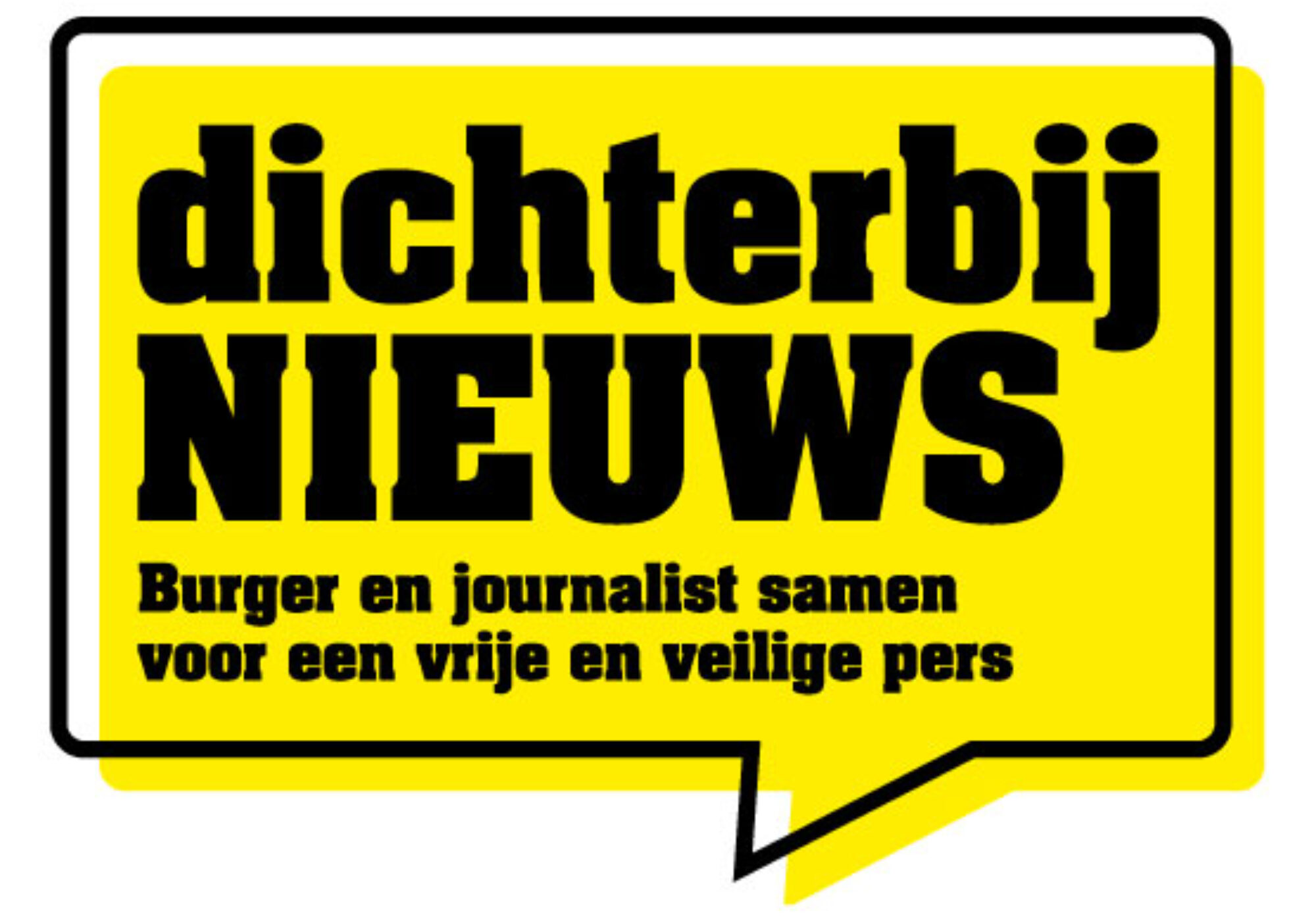DichterBijNieuws: Citizen and journalist united for a free and safe press
DichterBijNieuws, which translates to ‘closer to news,’ is an initiative of the Dutch Media Literacy Network. This network aims to bring citizens and journalists closer together to promote press freedom and press safety.
Currently, press freedom and press safety are under pressure in the Netherlands. The online freedom of journalists in the Netherlands has been increasingly curtailed due to various causes, such as violence, polarisation, anti-social online behaviour, distrust and disinformation.
Dialogue as part of the solution
Defending the safety and freedom of journalists requires connection, knowledge, and trust. Knowledge about the work of journalists and news literacy, connection with journalists, and trust in the news. DichterBijNieuws believes that a more widespread and improved dialogue between citizens and journalists can contribute to a safe(r) online climate.
Impact through cooperation
DichterBijNieuws is an initiative of Dutch Media Literacy Network. We want to achieve maximum impact through the ‘Media Literacy Network Approach’. This means all activities are developed and implemented with a number of partners who all bring their own knowledge, expertise, and a large network to the table. The Dutch Media Literacy Network plays a connecting, accelerating, and strengthening role in (existing) initiatives with the aim of increasing long-term impact.
Our partners:
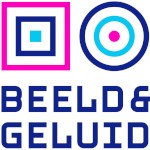 Sound & Vision is a knowledge partner in news literacy, press freedom, and disinformation. Sound & Vision connects with both audience target groups, namely education and journalism.
Sound & Vision is a knowledge partner in news literacy, press freedom, and disinformation. Sound & Vision connects with both audience target groups, namely education and journalism.
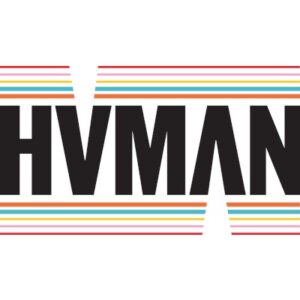 HUMAN is a knowledge partner in news media, liaising with (investigative) journalism and the Dutch broadcasting system.
HUMAN is a knowledge partner in news media, liaising with (investigative) journalism and the Dutch broadcasting system.
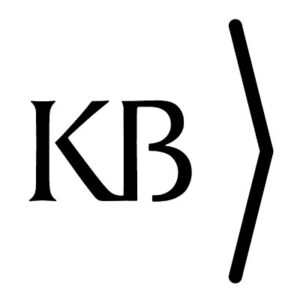 The KB is a knowledge partner in terms of digital citizenship, research, education and audience target groups. The KB liaises with the national network of libraries.
The KB is a knowledge partner in terms of digital citizenship, research, education and audience target groups. The KB liaises with the national network of libraries.
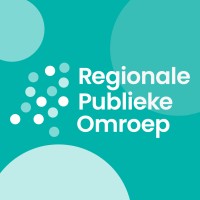 The RPO (Regional Public Broadcasting Foundation) is a knowledge partner in terms of regional journalism and the adult target group. The RPO can liaise with regional and local media.
The RPO (Regional Public Broadcasting Foundation) is a knowledge partner in terms of regional journalism and the adult target group. The RPO can liaise with regional and local media.
![]() The Dutch Media Authority is part of a broad network of European regulators, playing an advisory role in the public debate with a special focus on protecting citizens’ free formation of opinion.
The Dutch Media Authority is part of a broad network of European regulators, playing an advisory role in the public debate with a special focus on protecting citizens’ free formation of opinion.
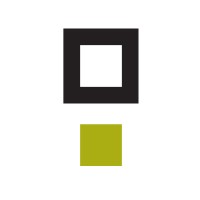 News in Education Netherlands aims to encourage young people to become media-literate citizens. The organisation facilitates the active use of journalistic media in education.
News in Education Netherlands aims to encourage young people to become media-literate citizens. The organisation facilitates the active use of journalistic media in education.
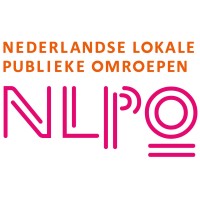 The Stichting Nederlandse Lokale Publieke Omroepen (Foundation for Dutch Local Public Broadcasters) supports local public broadcasters in the Netherlands, in terms of execution, advocacy, and the further professionalisation of this sector.
The Stichting Nederlandse Lokale Publieke Omroepen (Foundation for Dutch Local Public Broadcasters) supports local public broadcasters in the Netherlands, in terms of execution, advocacy, and the further professionalisation of this sector.
 Kennisnet is the public organisation for education and ICT. They provide a basic nation-wide ICT infrastructure, advise sectors in education, and share knowledge with primary education, secondary education, and secondary vocational education.
Kennisnet is the public organisation for education and ICT. They provide a basic nation-wide ICT infrastructure, advise sectors in education, and share knowledge with primary education, secondary education, and secondary vocational education.
News literacy research
The Dutch Media Literacy Network aims to bring citizens and journalists closer together with DichterBijNieuws with a view to promoting press freedom and press safety. Research was conducted into the image and level of knowledge about journalism among a representative research group of citizens (n = 1500).
Citizens indicate that they know little about the work of journalists, but they would like to know more.
Despite the fact that the vast majority of Dutch people get their news from mainstream media, 82% are unable to list any examples of situations in which a journalist had an impact on society.
Equally noteworthy: 38% are not aware of the existence of the journalism code of ethics. The code is a compilation of journalism ethics and standards that a journalist can fall back on while working.
Two million Dutch people have low trust in news media
Although the vast majority of Dutch people has had a high level of trust in Dutch media brands for many years, a negative trend is nonetheless becoming apparent. According to the survey, approximately two million people over the age of 16 have low trust in media. In addition, 40% of Dutch people say their trust in mainstream media has been eroded in recent years.
Underlying reasons for this declining trust include:
- Control – Over a third of Dutch people think that the news media are controlled and influenced by external forces, such as politics or business, for example. Among Dutch people with low trust in the news media, this perception is even stronger: almost 2 in 3 people in this group think news media are subjected to external control and outside influences.
- Carelessness – Over a quarter of the population thinks journalists do not conduct much research for most news items. However, this figure increases to more than half among Dutch people with low trust in the news media.
- Recognition – Respondents with low trust in news media feel that their own ideas are not reflected in these media. Moreover, they do not recognise themselves in the people featured in these media. Among this group, the negative impact of news on how they feel is also much stronger, causing them to turn their back on the news media.
News literacy as a solution
There is a broad consensus among people of all ages about the importance of independent journalism. In addition, both young people and adults express an interest in talking to a journalist about the news. In fact, over 1 in 4 Dutch people would be open to this. More than half of Dutch people also indicate they are curious about how journalists prepare their news reports.
Risks among people with less education and young adults
Young adults (16-34yo) have a different take on journalists than older people. They think journalists are less important for democracy and, in addition, they do not consider the protection of journalists less important. Young adults can also cite fewer examples of journalists’ influence on society. It is not that they are not interested in journalism: together with 35-49-year-olds, they are actually more interested in discussing the news with journalists. This definitely presents an opportunity for editors to engage with citizens and show how journalists also have a watchdog function.
One group that seems vulnerable due to a lack of knowledge, recognition and/or involvement are people with less education. They are less inclined to recognise their own ideas in news media than higher educated people, are less convinced that using different news sources is a better option, and often have no opinion on the extent to which reporting in mainstream media is independent.
Citizens are also concerned about the online safety of journalists
(Online) aggression against journalists is widely seen and condemned by citizens.
But the Dutch do not only see the threats. They are equally worried about the consequences of the harsher treatment to which journalists are subjected. 62% of all citizens worry that the news they have access to will become less independent because journalists take aggression or threats into account.
An almost equally large group (59%) worries about the freedom of journalists to do their job in the Netherlands. And 84% therefore find it unacceptable that journalists are threatened because of their work.
Who protects journalists?
Citizens mainly look to the government when it comes to increasing the safety of journalists. 74% say the government should better protect journalists, followed by journalists’ employers (57%) and the police (53%). One in three citizens (34%) think they themselves, interest groups (31%) and social media platforms (25%) could contribute to this.
So one in three Dutch people think they can contribute in one way or another. 45% of Dutch people would be interested in contributing, but are not sure how. The fear of becoming a target of online threats themselves is an important reason for 39% of Dutch people to not defend a journalist.
The most important findings from our research have been summarised in this factsheet.
Downloads & research (in Dutch)
- Are you a journalist and do you want to engage with students? Download tips and tricks for journalists.
- We have developed a practical guideline for news/editorial teams. That way you ensure a constructive online climate.
- The news literacy offering in this new toolkit can help teachers find answer with their pupils to questions about how media work and why they are so important to us.
- Read the report of the five youth panels we organised across the country.
- Our White Paper offers a summary of best practices of Dutch news teams for tackling distrust.
- Help with the campaign. Download the logos of DichterBijNieuws.
Contact us
